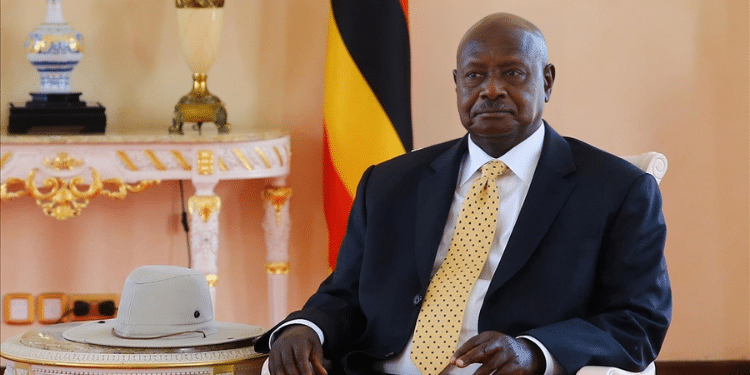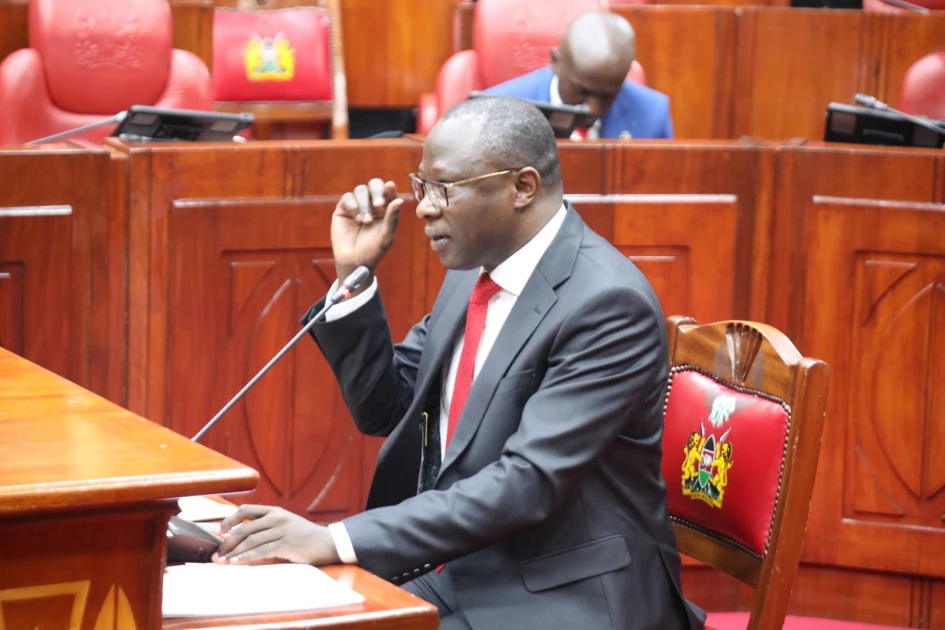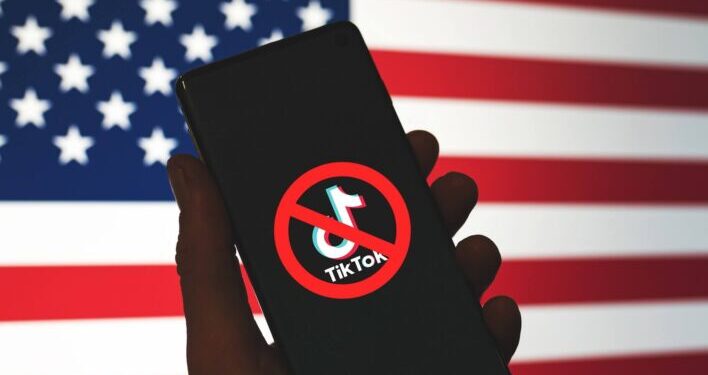The United States House of Representatives is set to vote on a bill that could lead to the forced sale or nationwide ban of TikTok, the popular video-sharing app, amid concerns over its ties to China and potential national security risks.
The bill, known as the “Protecting Americans from Foreign Adversary Controlled Applications Act,” was introduced by House Representatives. Mike Gallagher and Raja Krishnamoorthi and is expected to pass the House with bipartisan support.
The legislation aims to compel ByteDance, TikTok’s parent company, to divest its ownership within six months or face a ban on its apps in the US.

“What we’ve tried to do here is be very thoughtful and deliberate about the need to force a divestiture of TikTok without granting any authority to the executive branch to regulate content or go after any American company,” said Representative Mike Gallagher, the bill’s author.
TikTok CEO Summoned
TikTok CEO Shou Zi Chew‘s appearance before Congress last year marked a critical moment in the ongoing debate surrounding the app’s operations and security measures.
During his testimony, Chew faced intense scrutiny from lawmakers who expressed deep skepticism about TikTok’s ability to protect US user data and its independence from the Chinese government.
Also Read: CEO Changes Tune on TikTok Ban in Kenya
Despite Chew’s assurances that TikTok has been working diligently to secure American data and maintain transparency, lawmakers remained unconvinced.
Details of the Bill
The bill’s journey through Congress involves a meticulous process that includes approval from both the House and the Senate before reaching President Biden’s desk for final consideration.
While the White House has expressed support for the legislation, emphasizing national security concerns over TikTok’s data usage and storage practices, there are ongoing debates about the potential impact of such a ban on free speech and business operations in the US.
The bill has been met with opposition from some lawmakers, including Senator Rand Paul, who has pledged to block any measure that he feels violates the Constitution.

Despite these challenges, the bill is widely expected to pass the House, with supporters anticipating at least 350 votes.
The Senate’s approval is also necessary for the bill to become law, but its path through that chamber remains uncertain.
The House Energy and Commerce Committee approved the bill on a 50-0 vote, with committee leaders expressing concerns that ByteDance, as a Chinese company, might be subject to demands from the Chinese government for access to TikTok’s user data.
The bill’s supporters argue that it is not about shutting down speech but rather about foreign adversary control of a social media application.
TikTok responds to the bill
TikTok’s response to these developments has been vocal, with the app alerting users about the impending ban and urging them to oppose it by contacting their congressional representatives.
“Stop a TikTok shutdown,” the message on the app read. It included a button for people to call their representatives, saying: “Let Congress know what TikTok means to you and tell them to vote NO.”
The company has also pointed to comments from bill supporters that the legislation is not a ban but rather an existential threat to TikTok, which has as many as 170 million users in the US.
As tensions rise between lawmakers advocating for stricter measures against TikTok and defenders of free expression, the fate of this social media platform hangs in the balance, awaiting further deliberation.
Also Read: Ruto Gives Way Forward on TikTok as Ban Debate Rages On
The bill’s critics argue that it represents a government overstep of Americans’ free speech rights and have questioned its effectiveness in addressing national security concerns.
“This idea that we’re going to ban, essentially, entrepreneurs, small business owners, the main way how young people actually communicate with each other is to me insane,” said Representative, Robert Garcia, D-Cali.
The House vote on Wednesday March 13, marks a significant step in the ongoing debate over TikTok’s presence in the US and its potential impact on the country’s national security.
The outcome of this vote and the bill’s progress in the Senate will have far-reaching implications for the future of the popular video-sharing app in the US.














































































